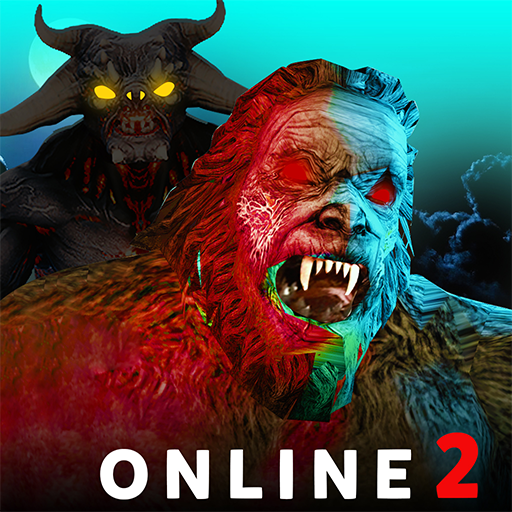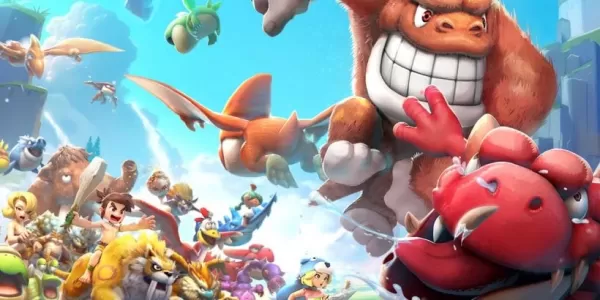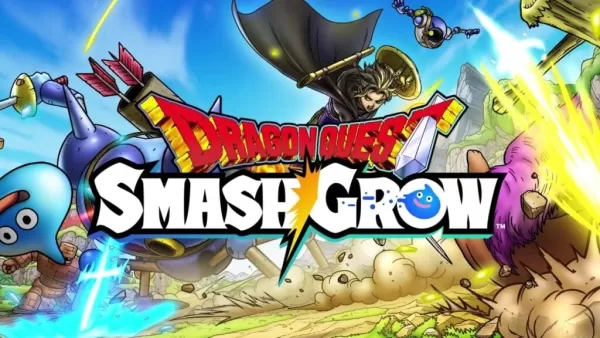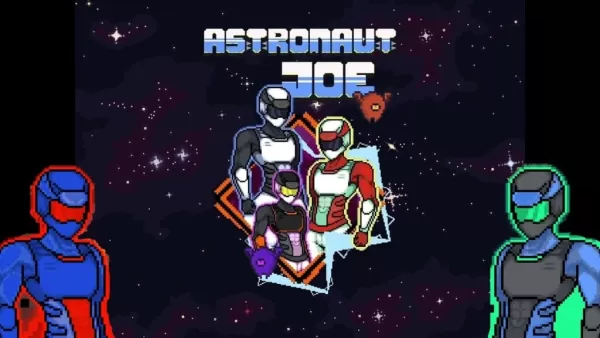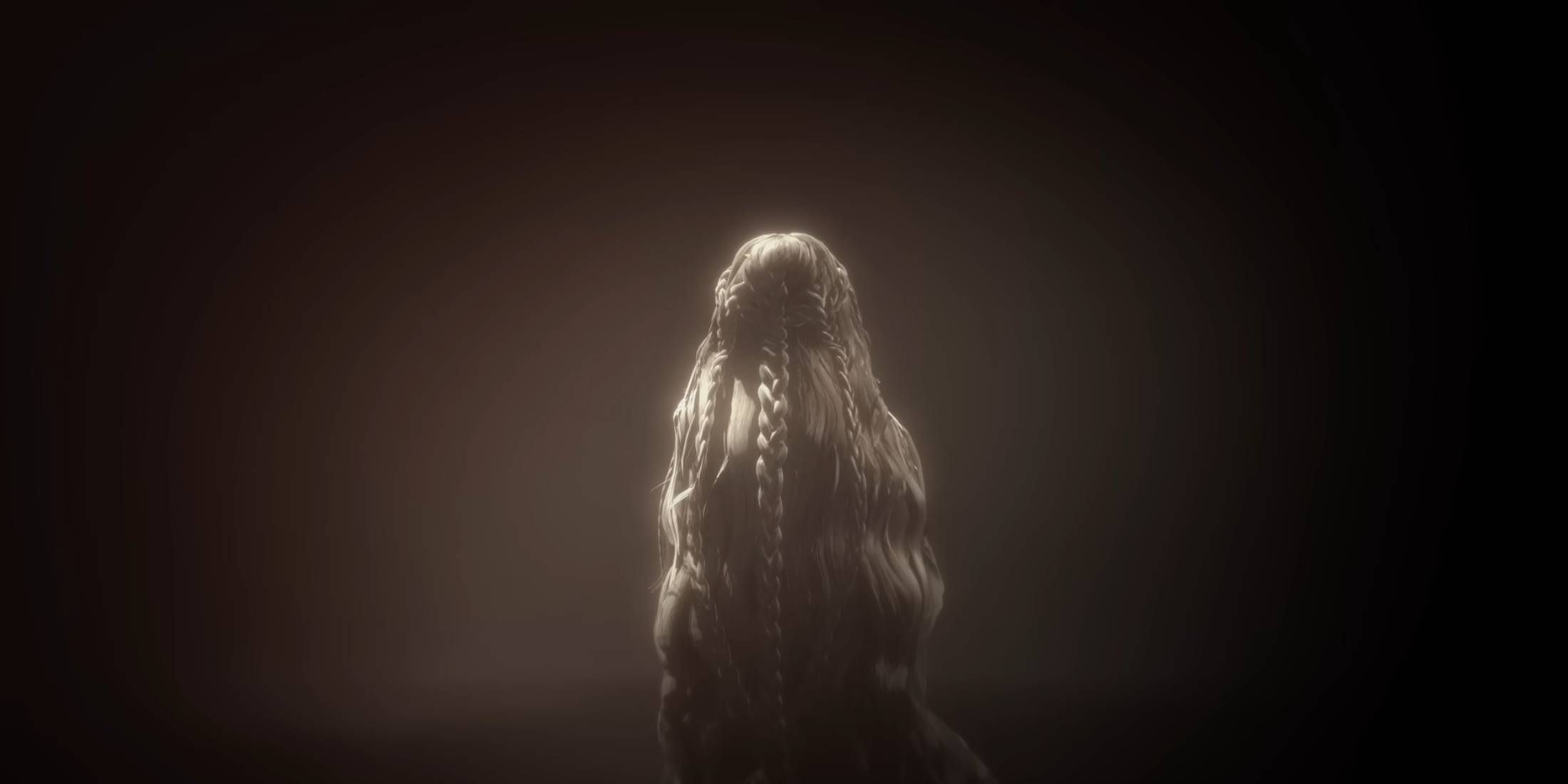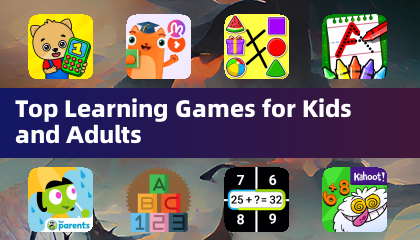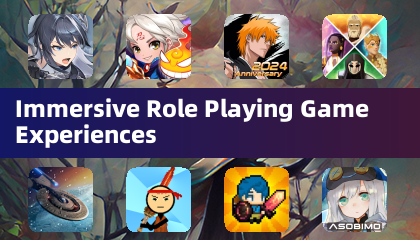Yoko Taro Fears AI Will Jobless Game Creators, Reducing Them to 'Bards'
The integration of artificial intelligence (AI) into video games has sparked extensive discussions, with notable figures like NieR series director Yoko Taro expressing apprehension about its potential impact on game creators' jobs. In a recent interview with Famitsu, as translated by Automaton, a panel of esteemed Japanese game developers, including Yoko Taro, Kotaro Uchikoshi (known for Zero Escape and AI: The Somnium Files), Kazutaka Kodaka (Danganronpa), and Jiro Ishii (428: Shibuya Scramble), delved into their perspectives on game development and the looming influence of AI.
When the conversation turned to the future of adventure games, both Yoko Taro and Kotaro Uchikoshi voiced concerns about AI. Uchikoshi highlighted the rapid evolution of AI technology and its potential to mainstream AI-generated adventure games. However, he pointed out that current AI lacks the capability to produce "outstanding writing" that matches human creativity. He emphasized the importance of preserving the "human touch" in game development to stay ahead of technological advancements.
Yoko Taro shared similar worries, suggesting that AI could displace game creators, drawing a parallel to how bards might be viewed in 50 years. He questioned whether AI could replicate the intricate worlds and narrative twists of their games. While Yoko and Ishii believed AI could mimic their work, Kodaka argued that AI could not embody the essence of a creator. He compared this to David Lynch, noting that while others might imitate Lynch's style, Lynch himself could evolve his approach while maintaining authenticity.
Yoko Taro also floated the idea of using AI to generate new scenarios in adventure games, but Kodaka raised concerns about personalization reducing the shared experience of gaming. The debate on AI's role in game development is ongoing, with major players like Capcom, Activision, and Nintendo weighing in. Nintendo president Shuntaro Furukawa noted that while generative AI could be used creatively, it also poses challenges concerning intellectual property rights. Both Microsoft and PlayStation have also contributed to the discourse, reflecting the industry's mixed feelings about AI's potential and pitfalls.




